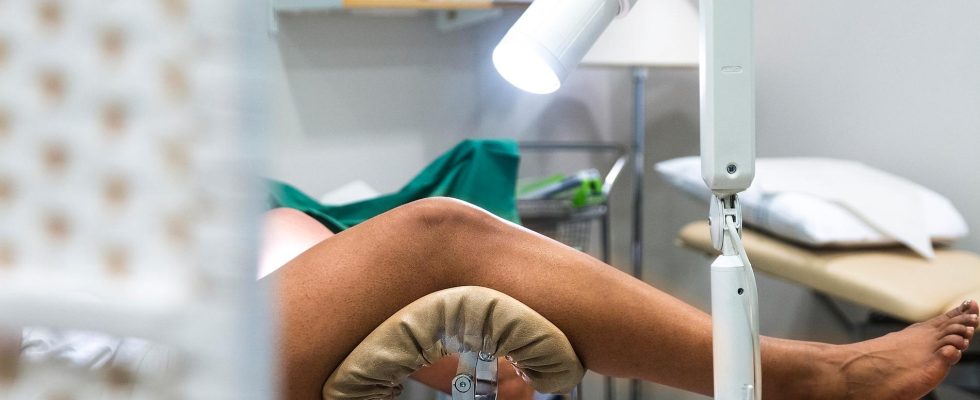In June, Region Uppsala sounded the alarm that syphilis could have spread from a gynecological clinic.
Over 200 women were asked to be tested – but none turned out to be infected, reports SVT Nyheter Uppsala.
– We apologize for the concern we caused, says Johan Hedlund, infection control nurse at Region Uppsala to SVT.
The cause of the alert was the discovery that an employee at a gynecological clinic in Uppsala had syphilis. The concern that the venereal disease could have spread to women who visited the reception led to a mass sending of invitations via 1177 Vårdguiden.
– The employee accidentally stuck himself on a needle during a patient visit, unaware that the patient had syphilis, says Johan Hedlund.
A total of 286 women were called to test themselves. Now the region announces that none of the roughly 200 who showed up were infected. According to Johan Hedlund, the extensive test work was worthwhile.
– We had a little anxiety because we know that we have caused a lot of concern. But given the severe consequences syphilis can have, it was worth it, he says.
Syphilis led a waning existence in Sweden during the 90s, but since the turn of the millennium there has been a steady increase. In 2022, 537 cases of the disease were reported, which was slightly less than in 2021.
FACT Syphilis
Syphilis is a bacterial disease that has long been almost non-existent in Sweden. In recent years, the incidence has increased sharply, mainly among men who have sex with men.
In 2022, 537 cases of the disease were reported, which was a 10 percent decrease compared to 2021.
Syphilis is a serious disease and can lead to permanent damage to the nervous system and body organs after several years if not detected and treated. Treatment is with antibiotics.
Source: Public Health Agency, RFSL
Read more
